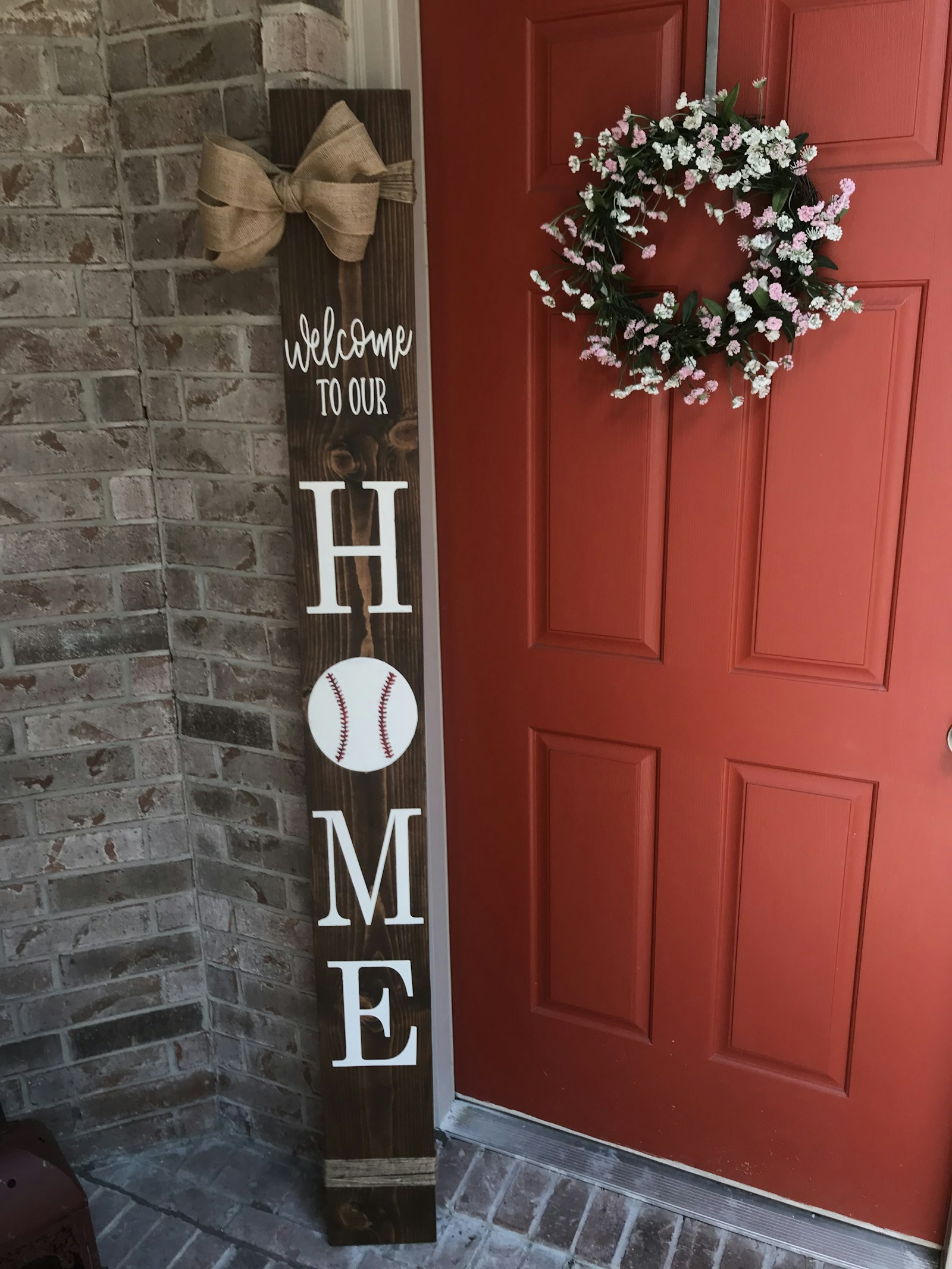Pricing your home to sell can be a daunting task, but it's an important one if you want to sell your home quickly and for the right price. To help you price your home to sell, we've gathered some tips from a real estate expert tailored for Canadians.
Research the Local Real Estate Market: The first step in pricing your home to sell is to research the local real estate market. Look at the selling prices of homes that are similar to yours in your neighborhood. This will give you an idea of what buyers are willing to pay for a home like yours.
Take Into Account Market Conditions: Market conditions can also affect the price of your home. If the market is a seller's market, where there are more buyers than there are homes for sale, you may be able to price your home higher. If it's a buyer's market, where there are more homes for sale than there are buyers, you may need to price your home lower to make it stand out.
Consider Your Home's Condition: The condition of your home can also affect its value. If your home is in excellent condition and has been recently updated, you may be able to price it higher. If your home needs some work or hasn't been updated in a while, you may need to price it lower.
Work with a Real Estate Agent: A real estate agent can help you price your home to sell. They will have access to market data and can provide you with a comparative market analysis (CMA) that shows you what similar homes in your area have sold for. They can also provide you with advice on how to price your home based on current market conditions.
Set a Realistic Price: Setting a realistic price for your home is important if you want to sell it quickly. Overpricing your home can lead to it sitting on the market for a long time, which can make buyers think that there's something wrong with it. A realistic price will attract more buyers and may even lead to multiple offers.
Be Prepared to Negotiate: When you price your home to sell, you should be prepared to negotiate. Buyers may make an offer that's lower than your asking price, and you may need to negotiate to come to a price that's acceptable to both you and the buyer.
Pricing your home to sell can be a challenge, but by following these tips from a real estate expert tailored for Canadians, you can set a realistic price that will attract buyers and help you sell your home quickly. Good luck with your home-selling journey!






